Optimal Timing for Garden Consultations
Garden consultations are most effective when scheduled during specific times of the year to maximize their benefits. Understanding the seasonal cycles and plant growth patterns can help determine the optimal timing for assessments and planning.
Spring is ideal for garden consultations to prepare for planting season, allowing for design adjustments and plant selection based on upcoming weather conditions.
Early summer offers a chance to evaluate plant health and make necessary adjustments for ongoing growth and flowering.
Fall is suitable for assessing garden performance over the season and planning for the next year’s improvements.
Consultations during the off-season can focus on design concepts, soil improvements, and future planting strategies.
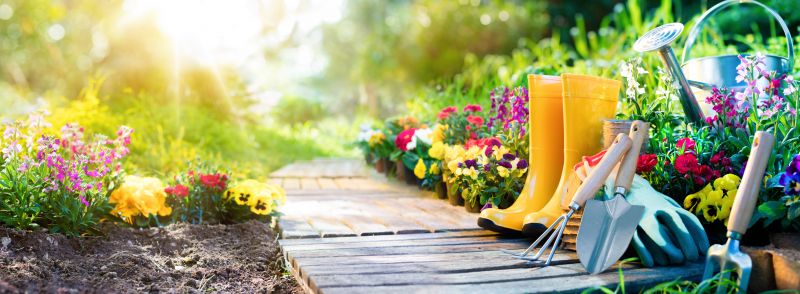
Springtime consultations focus on preparing gardens for the growing season.

Summer visits help monitor plant health and address issues early.
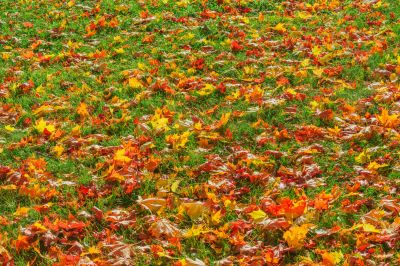
Autumn assessments evaluate seasonal performance and plan improvements.
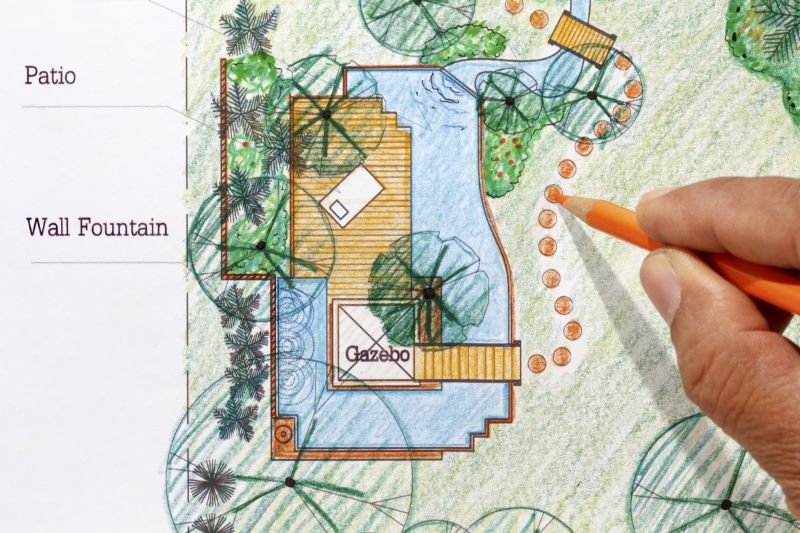
Ways to make Garden Consultations work in tight or awkward layouts.
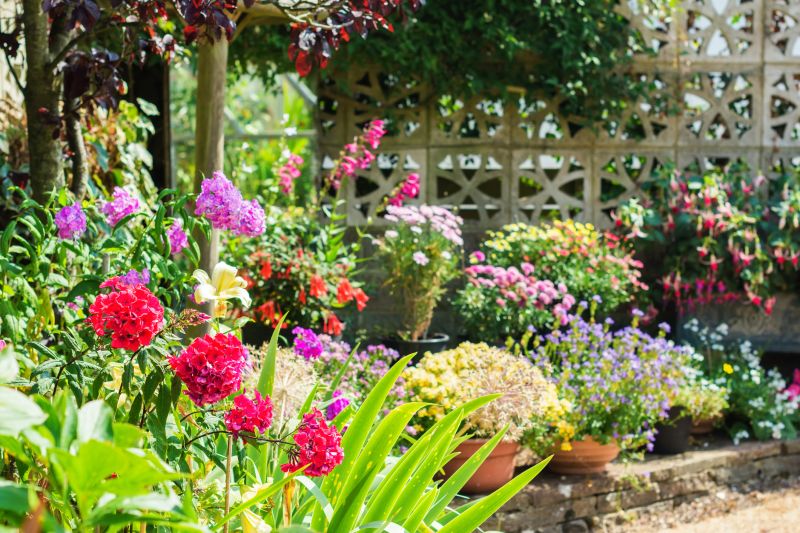
Popular materials for Garden Consultations and why they hold up over time.
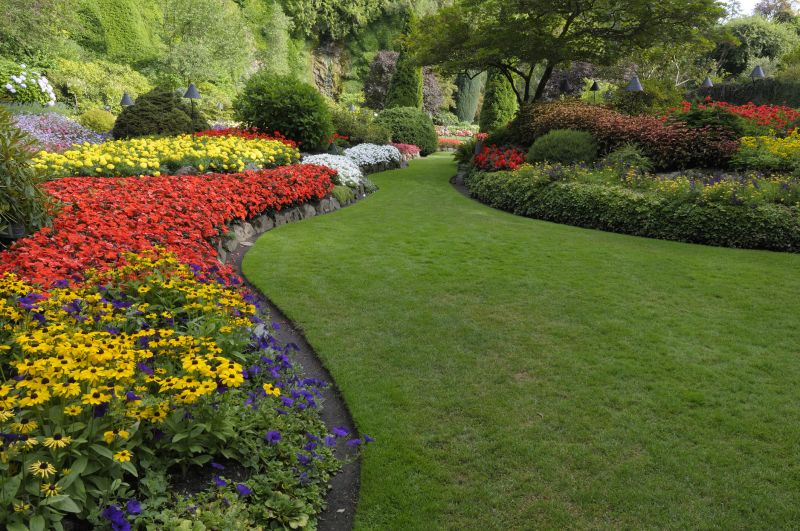
Simple add-ons that improve Garden Consultations without blowing the budget.
| Season | Best Activities |
|---|---|
| Spring | Planning, soil prep, planting recommendations |
| Early Summer | Growth assessment, pest management |
| Fall | Seasonal review, garden cleanup planning |
| Off-Season | Design planning, soil improvement strategies |
Timing plays a crucial role in maximizing the effectiveness of garden consultations. Proper scheduling ensures assessments are relevant to the current growth stage and seasonal conditions. Data indicates that gardens receiving consultations during optimal times see improved plant health and yield, with some studies showing up to a 15% increase in garden productivity when timed correctly.
Understanding seasonal cycles and plant needs allows for better planning and execution of garden improvements. Consulting at appropriate times helps identify issues early, optimize plant placement, and select suitable species for the environment. Regular evaluations aligned with seasonal changes contribute to healthier, more productive gardens.
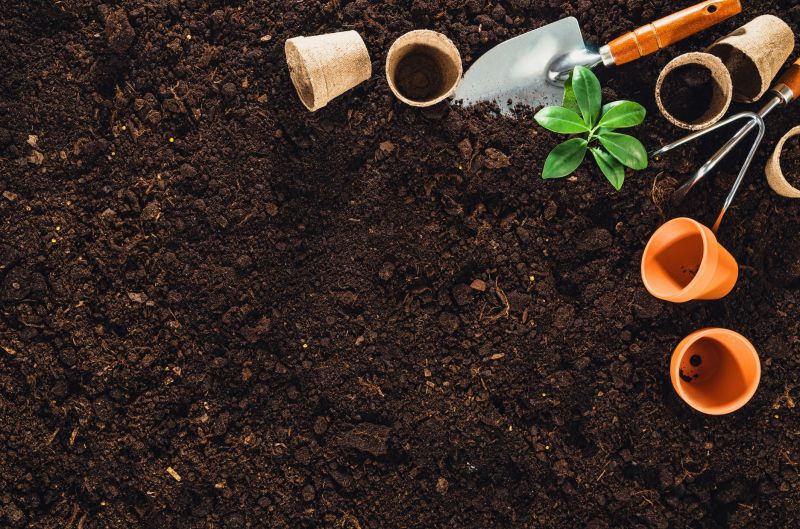
Early season assessments for optimal planting strategies.
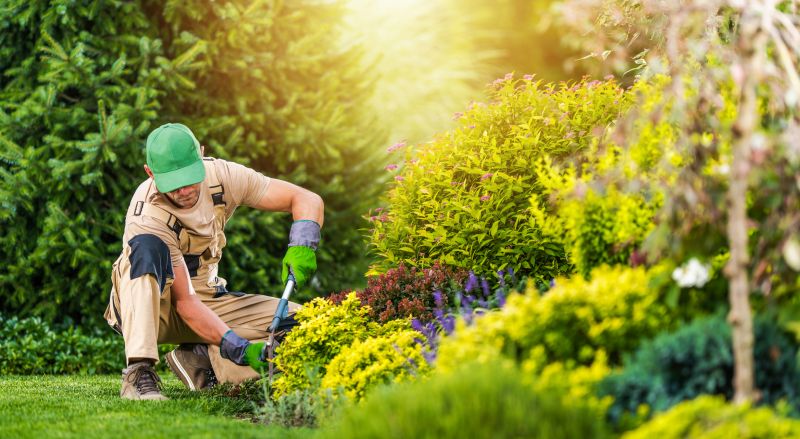
Monitoring and adjusting for peak growth.
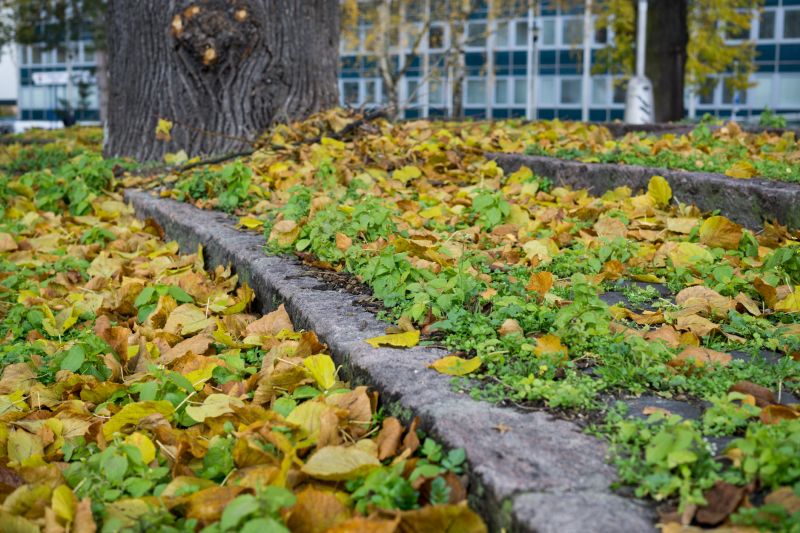
Season-end review and planning.
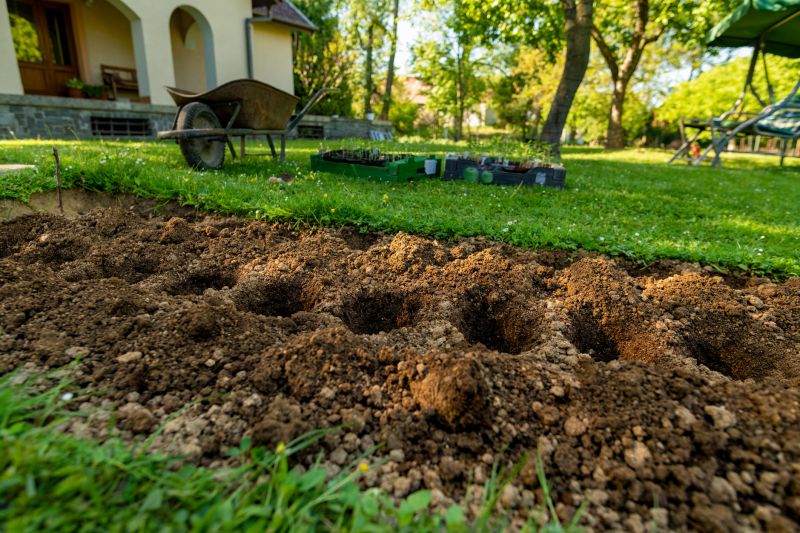
Design and soil strategies for future seasons.
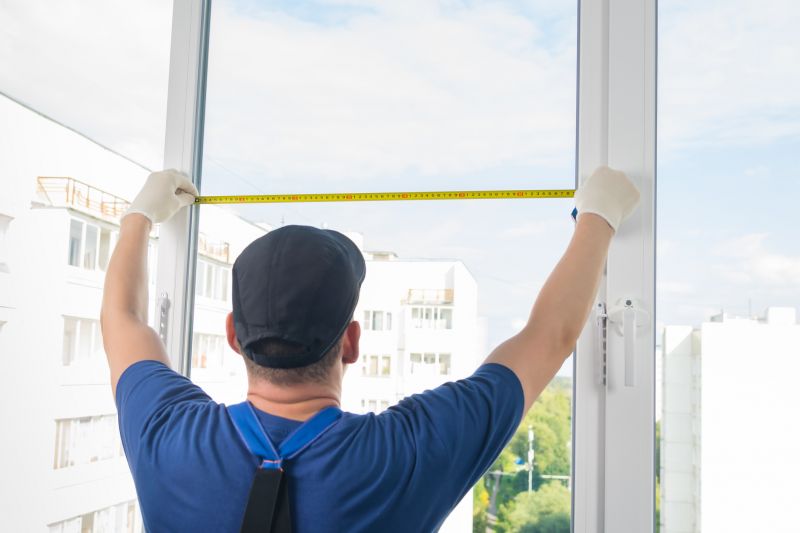
Little measurements that prevent headaches on Garden Consultations day.
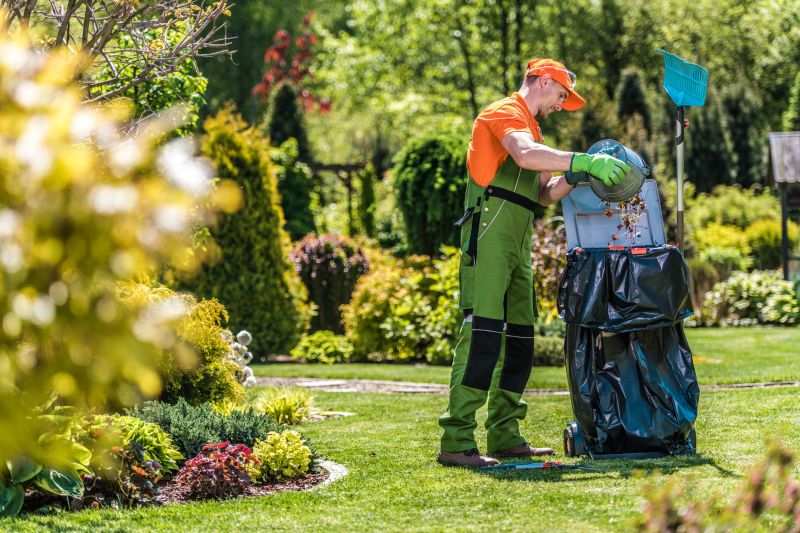
A 60-second routine that keeps Garden Consultations looking new.
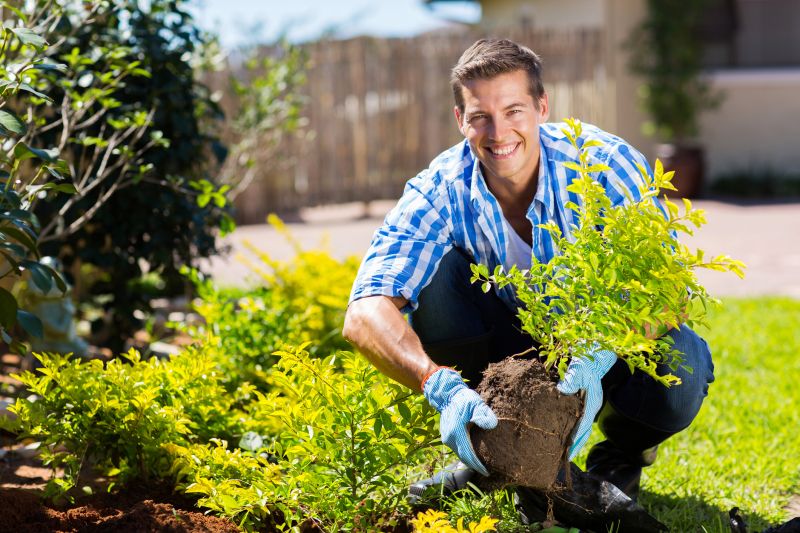
A frequent mistake in Garden Consultations and how to dodge it.

Small tweaks to make Garden Consultations safer and easier to use.
Interested in scheduling a garden consultation? Filling out the contact form can provide more information and help plan the best timing for individual garden needs, ensuring optimal results throughout the year.
